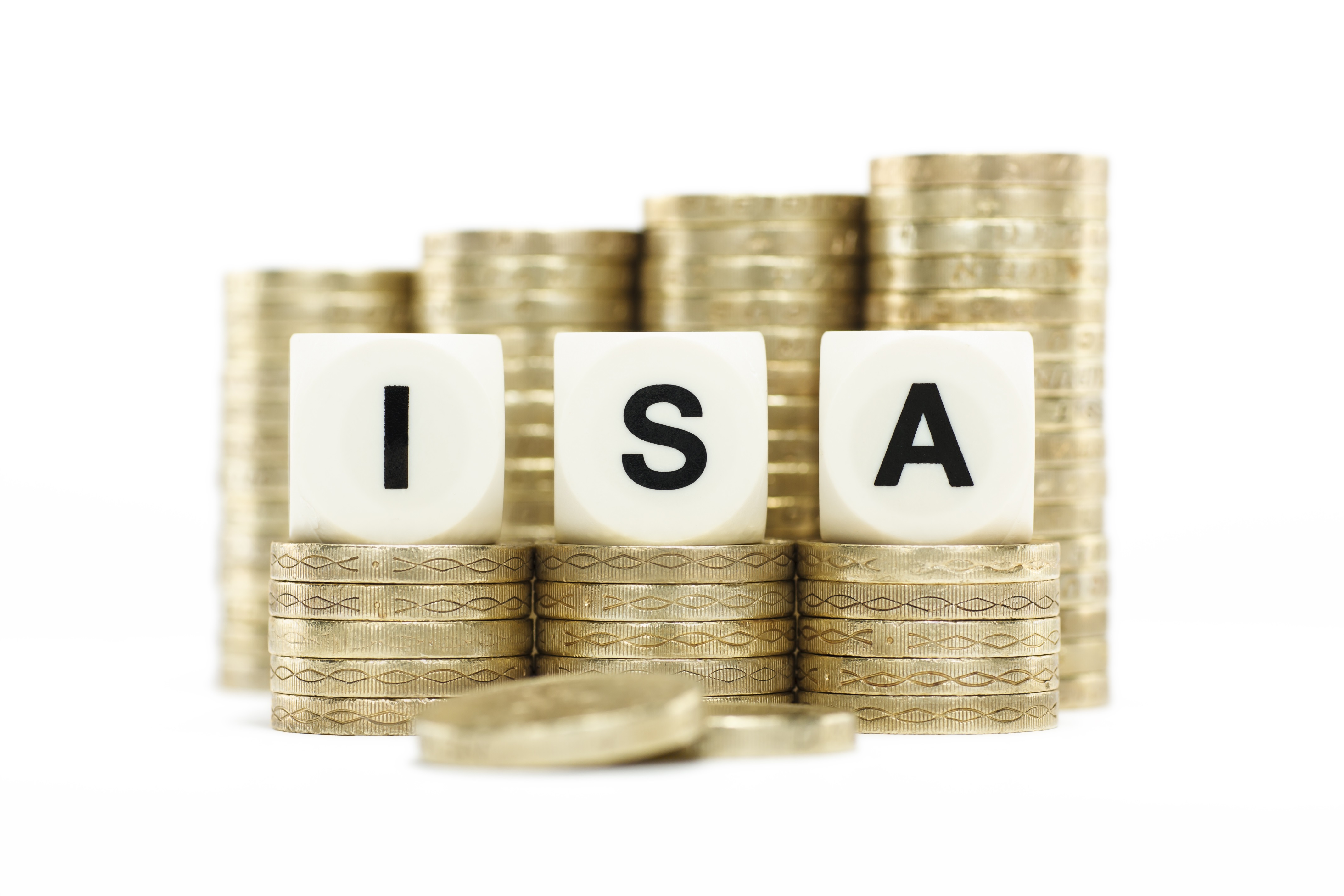News
Savers shun ISAs as personal savings allowance introduced

ISA subscriptions fell by 1.6 million between 2015/16 and 2016/17, tying in with the introduction of the personal savings allowance which took 95% of savers out of paying tax on interest.
Individual Savings Accounts (ISAs) are tax-free year after year but the introduction of the personal savings allowance (PSA) on 6 April 2016 (the 2016/17 tax year) was expected to have a detrimental effect on the cash ISA market.
The PSA offers basic rate taxpayers the ability to earn up to £1,000 savings income (£500 for higher rate taxpayers), free from tax. Additional rate taxpayers aren’t eligible for the tax break.
And with today’s publication of official HMRC ISA statistics, the impact of the PSA on ISAs is evident.
In both the 2015/16 and 2016/17 tax years, the annual ISA limit stood at £15,240. Around 11.1 million adult ISA accounts were subscribed to in 2016/17, down from the 12.7 million subscribed to in 2015/16.
The number of cash ISAs subscribed to fell by 1.6 million in the year while those subscribing to stocks and shares ISAs marginally increased from 2.53 million to 2.58 million. All in all, the proportion of cash to investment ISAs stands at 77%.
Around £62bn was subscribed to adult ISAs in 2016/17, down from the near £80bn recorded in 2015/16. HMRC said the decrease of £18bn was driven by the fall in cash ISA subscriptions.
The average subscription in 2016/17 was £5,558, down 13% on the £6,307 reported previously. In total, the adult ISA market stood at £585bn, a 10% increase on 2015/16 as it was driven by an increase in the value of funds held in stocks and shares.
HMRC noted that higher income groups tended to show a stronger preference for stocks and shares over cash ISAs, while the opposite is true for lower income groups. This chimes with the fact that additional rate taxpayers (earning above £150,000) aren’t eligible for the PSA, while higher rate taxpayers can only earn £500 of interest tax-free.
A comparison of holdings between men and women revealed that in 2015/16, males accounted for a marginally higher proportion of the higher value ISA holders. Males accounted for 52% of ISA holdings worth £50,000 or more, in contrast to owning 48% of holdings worth up to £2,499.
Regionally, the proportion of adults holding ISAs is highest in the South West at 50% and lowest in London at 36%. This is compared to an average of 44% for all English regions.
For Junior ISAs (JISAs), 794,000 were subscribed to in 2016/17, up from 738,000 in the previous tax year. In total, £858m was contributed to JISAs, with approximately 61% in cash.
Maike Currie, investment director for Fidelity International, said: “Most people – especially women – still prefer to shelter their hard-earned cash in cash ISAs, shying away from stocks and shares ISAs. Granted, while the latter is exposed to the vagaries of the stock market, figures show that over the long-term the stock market outpaces cash.
“Moreover with the Bank of England’s Governor Mark Carney, pouring at least a little cold water on expectations UK interest rates will definitely be raised again next month, returns on cash remain at paltry lows. Add to this the corrosive impact of inflation, and so people need to think carefully about what type of ISA they are using and how it fits with their long-term financial goals.”